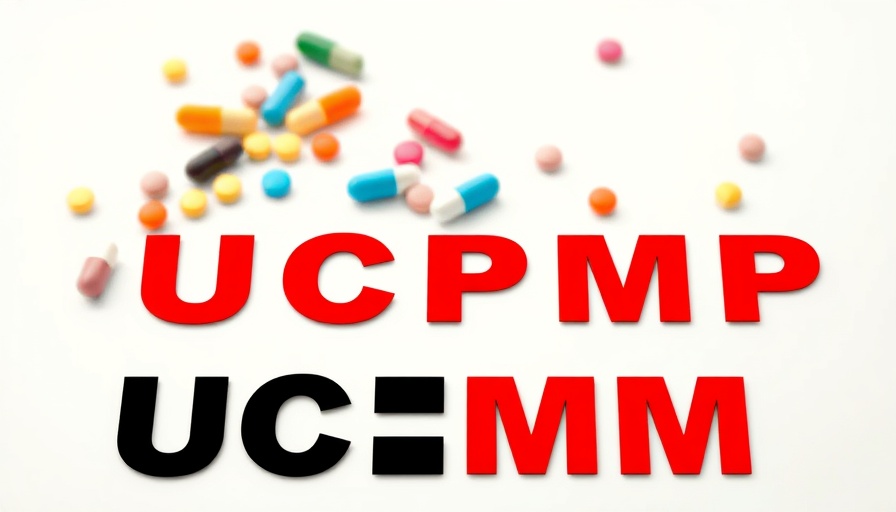
Understanding the New UCPMP Rules for 2024
The Indian government has laid down stricter guidelines under the UCPMP 2024 (Uniform Code of Pharmaceutical Marketing Practices) aimed at regulating the behavior of pharmaceutical companies in relation to healthcare professionals. This move intends to create a more transparent relationship between doctors and pharmaceutical companies, counteracting influences that might lead to biased healthcare decisions.
The Importance of Transparency in Healthcare
These new regulations emphasize the necessity for professionals in the healthcare system to maintain integrity in their practices. By curbing gifts and incentives traditionally provided by pharmaceutical companies, the UCPMP 2024 seeks to ensure that treatment decisions made by doctors are based solely on patient needs rather than financial incentives.
Impact on Doctor-Pharma Relationships
The new guidelines are set to alter the longstanding dynamics between doctors and pharmaceutical representatives. Previously, it was common for doctors to receive gifts or attend lavish conferences sponsored by pharmaceutical companies. Under the new rules, any form of gift that could be perceived as an inducement will be strictly limited. This will inherently promote ethical practices and align more closely with patient welfare.
Counterarguments: Concerns from the Medical Community
Despite the positive intentions behind UCPMP 2024, some medical professionals express concerns about the potential dampening of genuine educational interactions between physicians and pharmaceutical representatives. They argue that providing doctors access to information about new drugs in a responsible manner could still deliver value, and complete prohibition may limit education about new technologies and treatments.
Future Predictions: A Shift Towards Ethical Practices
As the healthcare landscape continues to evolve, the implementation of UCPMP 2024 could signal a wider shift toward ethical practices across the industry. With greater scrutiny and transparency in pharmaceutical marketing, we may witness an environment where patients’ best interests are prioritized over financial incentives, ultimately enhancing the quality of healthcare.
Practical Insights for Healthcare Professionals
Healthcare practitioners should prepare for these adjustments by reassessing their relationships with pharmaceutical companies. Engaging in continuing education through accredited channels rather than through pharmaceutical-sponsored events can ensure that they are up-to-date on the latest treatment options without the influence of incentives.
Final Thoughts: Embracing Change in Healthcare
While the UCPMP 2024 rules present challenges, they also provide an opportunity to foster an environment of trust and transparency in healthcare. Both patients and healthcare providers can benefit from adherence to these principles, ensuring that medical advice remains unbiased and focused on health outcomes.
By preparing and adapting to these changes promptly, healthcare professionals can not only comply with the new regulations but also contribute to a positive shift in the industry, underlining their commitment to ethical practices in the service of public health.
 Add Row
Add Row  Add
Add 




Write A Comment